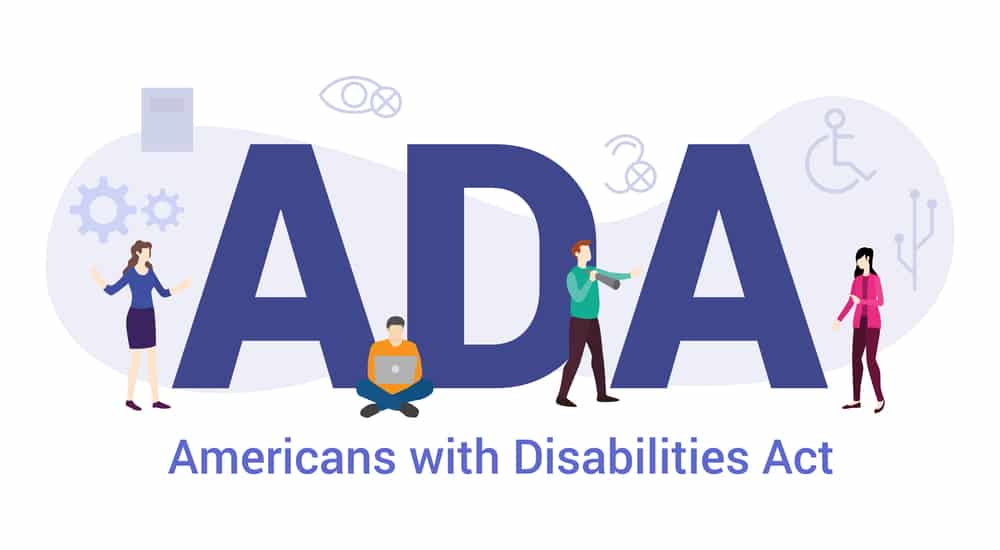“Every partnership is akin to belonging to a unique circle of friends – not exactly a simple endeavor, but rather an intricate dance where every step, turn, and lift counts.” This is according to Alice Wells, a leading lawyer specializing in business law. Now, to avoid stepping onto someone’s toes in this figurative dance, a comprehensive partnership agreement becomes a quintessential map, helpful in navigating certain business paths.
Before You Spiral Into The Perils of a Joint Venture – Map Out Your Agreement
The partnership agreement is an enigmatic document, a labyrinth within a forest of legal phrases. It is improbable to define its value in brevity; this isn’t just important–no—it’s crucial. It’s not just one thing; many things merge and marry into one. It encompasses, among others, the nitty-gritty of profit-sharing, thorny shrubs of decision-making, multiple roles and responsibilities of partners – akin to different hats in a rather absurdly large wardrobe, mechanisms like hidden doorways for dispute resolution as well as provisions for adding or removing partners like an ever-changing seating plan.
Mirage of Liability Types: From the Dangerous Desert Sands to Safe Oasis
When it comes to types of partnerships, imagine standing before a multi-tiered cake. On the lower tier, you have general partnerships with unlimited personal liabilities – imagine them as the most delicious layer but spiked with chili. A rung higher, you have limited partnerships where the heat of the liabilities significantly decreases, offering a bit of a sweet respite. At the very top sits limited liability partnerships with the least spiced liabilities, almost as cool as the cucumber sandwich at an English tea party. Every slice of this cake holds different business debts, obligations, and legal jeopardy, depending on what your taste buds can manage.
Intellectual Property: The Golden Ticket to a Wonka-esque Ownership
Ownership of intellectual property, created during partnerships, is a veritable Pandora’s box that can either gift a partnership with golden opportunities or deal fatal blows. Possession of trademarks, copyrights, and patents split among partners should be like the impeccable symphony of an orchestra – each instrument enriching the composition. But to tap the complete potential of this symphony, the music (i.e., the intellectual property) needs to be protected and exploited in equal measures.
State and Local Laws: The Legal Fun-Damentals
Local and state laws are like a finicky but necessary cellmate. They’re a tough nut to crack, but ignoring them can spell A-P-O-C-A-L-Y-P-S-E for your business. Based on these regulations, You must register your venture (not unlike picking the right username for your new TikTok account). Geez, there’s more paperwork here than at the DMV! But stay on the right side of the law and avoid hefty fines that could suck you dryer than the Sahara. So, who untangles this knot? A brilliant, savvy accountant armed with the legal acumen of a top lawyer.
International Considerations: Stretching Your Legal Wings
If you’re aiming for the stars and looking to partner internationally, that’s quite the pickle. Think of it like deciphering Wakandan technology after being raised on dial-up internet. Legal considerations change like quicksilver when you step into the international arena. You’re looking at months, sometimes even years, to get your ducks in a row. So planning here matters a lot. And patience does pay off.
Record-Keeping: Taming the Financial Beast
Effective record-keeping is your ticket to ride, like studying for a math exam. How come?–you may ask. And here’s the answer: This isn’t just about good housekeeping. By recording your every move–income, expenses–you ensure transparency–and avoid waking up to a full-blooded compliance nightmare.
In this case, having an accountant is like having a map of your treasure–all the do’s and don’ts. Clear records can help you hop-skip-jump over future hurdles gracefully. Not to mention save you an unimaginable headache.
Legal Counsel: A Make-Or-Break Move
A legal counsel will help you navigate partnership agreements’ labyrinths and provide a buffer against potential legal pitfalls. You might think they’re squeezing your wallet dry, but remember, you’re investing in Baymax-grade protection. A report by The National Law Review states that 83%of businesses that sought legal counsel while establishing partnerships reported significantly better protection against legal troubles.
Exit and Dissolution: The Great Vanishing Act
Planning for a graceful exit isn’t cowardice; it’s wisdom. Exit strategies and dissolution clauses in partnerships are much like parachutes on an aircraft – you hope you don’t have to use them, but when turbulence hits, they’re handy. From volunteering to leave the partnership on one’s accord to being nudged off the ledge, procedures for dissolving the partnership, distributing assets, and wrapping up remaining liabilities are paramount to prevent a disastrous belly flop. It’s like preparing a smooth magic trick that leaves the audience stunned and the business unharmed. According to a study done by McKinsey & Company, the importance of organizational agility in business cannot be overstated; businesses that adapt, survive, and flourish like a phoenix rising from the proverbial ashes.
Understanding the importance of comprehensive partnership agreements, navigating the labyrinth of liability types, recognizing intellectual property as a golden ticket, and planning for potential dissolution can significantly increase an organization’s ability to dance successfully through the ever-changing rhythm of the business world.




